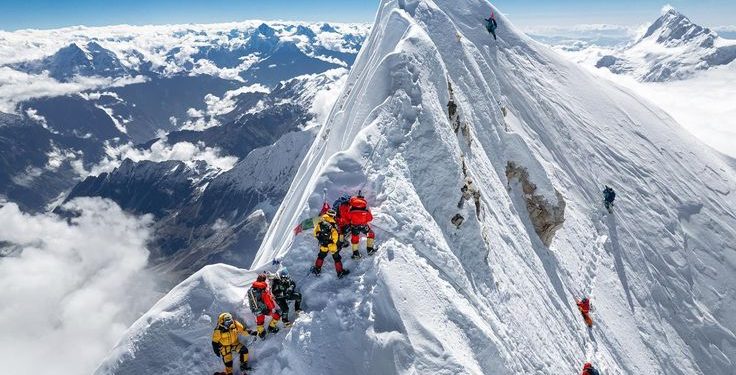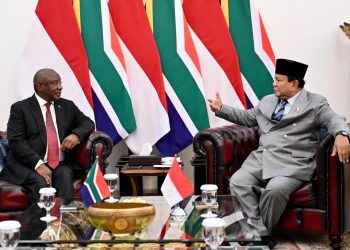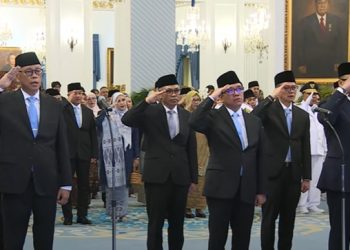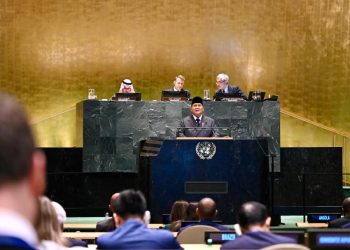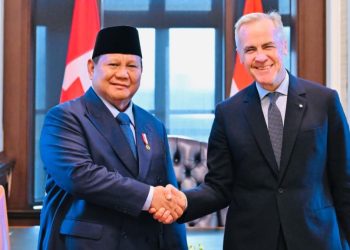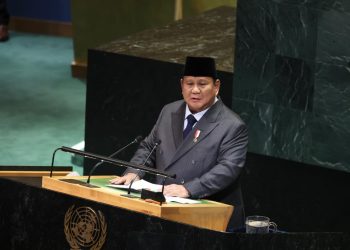Jakarta, Indonesia Sentinel — Nepal is set to increase the permit fees for climbing Mount Everest, marking the first price hike for the world’s tallest peak in almost ten years. The move is expected to generate significant revenue for the Himalayan nation, which heavily relies on mountaineering tourism as a key source of income.
As home to eight of the world’s 14 tallest mountains, including Everest, Nepal benefits greatly from the influx of foreign climbers, which provides both vital revenue and employment opportunities. The increased fee will apply to those attempting to summit the 8,849-meter (29,032-foot) peak.
Narayan Prasad Regmi, Director General of Nepal’s Department of Tourism states that climbing permits fees will rise by 36%, jumping from $11,000 to $15,000, or approximately Rp243 million.
“Permit royalties have not been reviewed for a long time. We’ve updated them now,” Regmi said, as reported by The Independent.
The new rates will take effect starting September 2025 and will cover the popular climbing season from April to May, along the standard Southeast Ridge route. This route, known as the South Col, was first pioneered in 1953 by New Zealander Sir Edmund Hillary and Sherpa Tenzing Norgay.
Climbing fees for less popular seasons, including September to November and December to February, will also see a 36% hike, rising to $7,500 and $3,750, respectively.
Concerns Over Crowding and Environmental Impact
Nepal has long faced criticism from mountaineering experts for allowing too many climbers on Everest and for not doing enough to maintain the mountain’s cleanliness or ensure climber safety.
Regmi noted that cleanup campaigns are organized regularly to remove waste from the mountain, along with the installation of ropes and other safety measures. However, he did not specify how the additional revenue from the increased fees would be allocated.
Returning climbers also reports that Everest is becoming increasingly dry and rocky, with reduced snow cover or precipitation. Experts suggest this could be linked to global warming and other environmental changes.
Reaction From Expedition Organizers
Responding to the rate increase, some expedition operators believe the fee hike, discussed since last year, is unlikely to deter climbers. Roughly 300 permits are issued annually for Everest expeditions. “We anticipated this permit fee increase,” said Lukas Furtenbach, founder of Austria-based Furtenbach Adventures.
He called it a “reasonable step” by the Nepalese government. “I am confident that the additional funds will be used to protect the environment and enhance safety on Everest,” Furtenbach added.
Read also : Indonesia’s Popular Hiking Trails Temporarily Closure in 2025, Here’s The List!
The climbing fees hike underscores Nepal’s balancing act between preserving Mount Everest fragile environment and maintaining its status as a premier destination for adventurers worldwide, as the mountain faces growing challenges from climate change, over-tourism, and sustainability concerns.
(Raidi/Agung)


